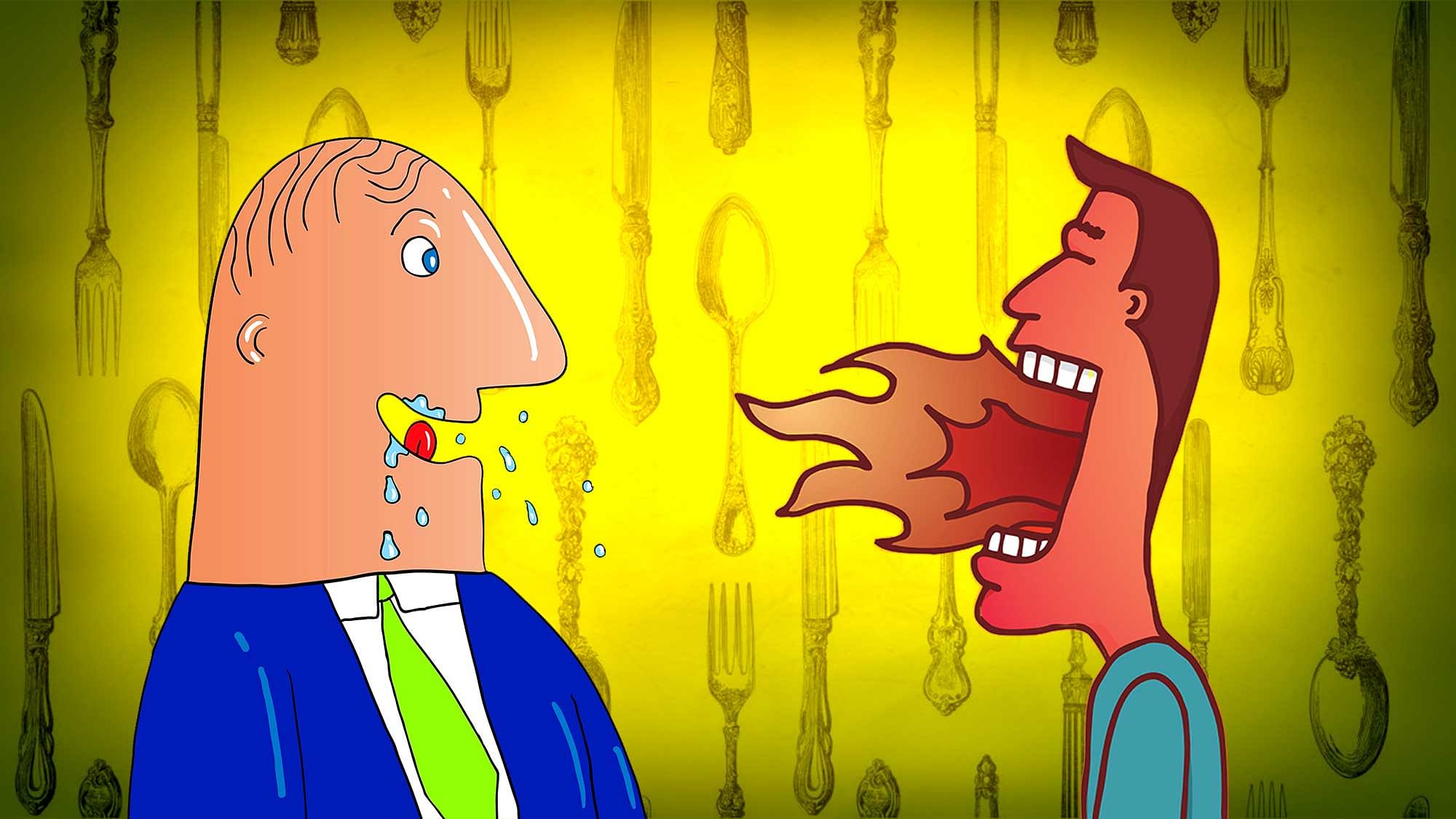This New Year, Will You Take the Taste Test?
What are the hottest, sweetest, sourest, saltiest and bitterest foods? Take the taste test this Traditional New Year.

The Thing About the New Year Thali
What’s special about the New Year Thali is that unlike the feasts of other seasons/festivals, all five tastes mark explicit attendance. The traditional significance is that the rest of the year too, must be equally replete with a good, even mix of experiences.
The Hottest, Sweetest, Bitterest, Sourest Saltiest New Year!
What better ode to a traditional New Years’ than a (not so) traditional listicle?
You could test your mettle against these raw ingredients that top the charts in their categories. Or, just go for the delectable recipes. Dig in!
The Hottest
Assam wins this one, hands down. There’s this little chilly that grows there, called the ‘Bhut Jolokia’. Cute name, huh? It’s also known as ‘Raja Mirchi’, and happens to be the spiciest chilli in the world. It scores over 1 million on the Scoville Scale (a measure of ‘hotness’). Jalapenos measure a measly 5,000.
The traditional Assamese dish made of the Jolokia, is the Bhut Jolokia Asaar (pickle). These deadly conical spice grenades are combined with garlic, salt, mustard seeds, vinegar and mustard oil. Before you taste, consider this; a single drop of the mixture is enough to spice up your entire curry. New Year explosives guaranteed! From which end? Aah, that’s the suspense.
The Sweetest
Honey. There’s evidence in 5,000-year-old Indian manuscripts of the use of honey in cooking and as medicine. Sugar, in comparison, is both a newbie (less than 2,000 years old) and also less sweet.
There may not be ballads about it, nor will you find flowery praise in folklore, but nothing cools the heart like the lassi on a midsummer day in Punjab. If you haven’t tried the saffron lassi sweetened with honey, you’re not a foodie yet.
The Bitterest
Neem flowers. They’re one up over the childhood home-cooked bane – bitter-gourd curry. It’s almost impossible to eat them without adding a sweetener like jaggery or honey. But the health benefits and medicinal applications range from handling irritable bowels to safe contraception in women.
Neem flowers are added to Tamil Nadu’s Mango Pachadi, a thick reduction of raw mango in jaggery syrup. It’s to die for.
The Sourest
Tamarind has tarted up Indian cuisine for over 10,000 years now. Except in parts of the South West coastline (where ‘kokum’ is used), it has a monopoly over the rest of the country, when it comes to all dishes sour.
Let’s head to Bengal for the reticent, but delectable ‘Machcher Tak’. It takes the freshest pieces of Rohu or Katla (and occasionally the tiny ‘Mourala’ whole) to get this dish right. Tamarind pulp is added almost at the end for lip-smacking goodness.
The Saltiest
Sambhar lake. Yep. The sea is 4.5 percent saline. The Sambhar lake is over 30 percent saline, next only to the dead sea, at 37 percent. A single glass of water from this lake, and you’re ready to be embalmed.
Nevertheless, we need salt in our diet, so let’s look to the ‘Uperi’ from Kerala to complete the experience.
Want to add to this delectable list? Show your love in the comments section below.
(Vikram Venkateswaran is a freelance writer, TV producer and media consultant. Headings, titles and captions are his kryptonite. He just moved to Chennai and hopes the city likes him and is nice to him.)
(At The Quint, we are answerable only to our audience. Play an active role in shaping our journalism by becoming a member. Because the truth is worth it.)